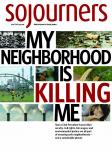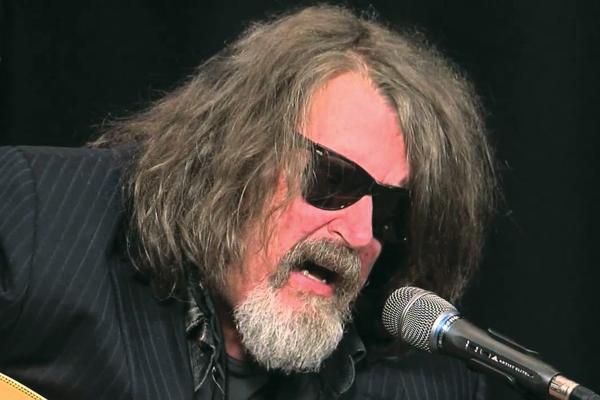HIGHWAY 62 runs from Niagara Falls, N.Y., to El Paso, Texas, and is the only U.S. highway to connect Canada and Mexico. In my home state of Kentucky, it passes the Wild Turkey distillery at Lawrenceburg and the state maximum security penitentiary at Eddyville.
Further north it takes you to Buffalo, N.Y., the hometown of roots music singer-songwriter Peter Case. That’s why he picked HWY 62 as the title for his latest album, a collection that can be taken as a sort of “state of the nation” recording. The Christian Science Monitor even said that the album “plays like a John Steinbeck novel set to music.” And they have a point. Most of the album’s 11 songs are peopled with prisoners and deportees, the evicted and the gentrified, and other 21st-century American outcasts.
Unlike many folkie populists, Case comes by his sympathy for the down-and-out honestly, if a little foolishly. Back on that lost planet that was the1970s, he dropped out of high school to become a musician and eventually landed on the streets of San Francisco, hungry, homeless, and frequently drunk. This part of Case’s life is covered unsparingly in the blog/memoir that he keeps at petercase.com, some of which has become a book, As Far as You Can Get Without a Passport.
After a near-miss with the poppish-punk band The Nerves, Case got his ticket to the music business punched with The Plimsouls, whose hit, “A Million Miles Away,” was one of the high-water marks of jangly 1980s New Wave rock. But then, just before he could become really rich and famous, Case’s contrarian streak reasserted itself. He left the band and started what now looks to be the rest of his life as a singer-songwriter who sometimes records with the likes of T Bone Burnett and Ry Cooder, but most often performs solo with his own acoustic guitar and harmonica.
Throughout his 11 solo albums, Case has earned a modest but loyal following with his flawlessly crafted, subtle, and closely observed portraits of the life he sees in America’s bars, coffeehouses, and truck stops. HWY 62 delivers more of that, but with a heavier than usual emphasis on the big-world political causes of much American misery. In fact, the opening track, “Pelican Bay,” is a stirring, old-school acoustic protest song about the notorious California supermax prison of its title, the torture that is long-term solitary confinement, and the moral blight of mass incarceration. The same theme is picked up later in “All Dressed Up (For Trial),” a glossy, catchy pop tune about a man facing charges with a judge, prosecutor, and even a public defender who don’t see his fine courtroom suit but only his dark skin that marks him as jailhouse-bound.
Around the time in the 1980s that Case made his turn toward roots music, he also discovered Christianity, and that has stuck, too. He doesn’t preach, or even talk about his faith much, but it’s there, for instance, in the biblical references of “Water from a Stone.” After an opening verse about an orphaned minor in a U.S. court facing deportation comes the chorus: “She needs water, water from a stone, living water, water from a stone.” And then there are the people in “Evicted” who are “on our way home, turned out to roam” in a world that “wouldn’t let their savior in.”
These references are nice, and never overbearing, but Case’s Christianity, like yours or mine, will ultimately be judged by his empathy for “the least of these”—the hungry, the naked, the sick, and the imprisoned. And on those grounds, HWY 62 is one of the most Christian albums I’ve recently heard.

Got something to say about what you're reading? We value your feedback!

